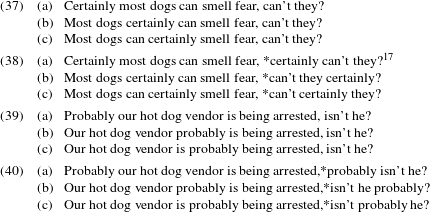As it stands, however, this lexical rule makes no clear prediction about the entail-ments of the sentence Everyone ate, in which NP1 contains a quantifier. The corre-sponding transitive sentence Everyone ate something is ambiguous. As might be ex-pected, its two quantifiers can be ordered in two different ways in its semantic. In order to investigate the issue of how English vague quantifiers can be translated in Chinese, we analysed the frequencies of the Chinese translation variants for each of the three English expressions: many, some and a few. Performing the frequency analysis involved the following steps: 1) the Chinese/English parallel corpus data was.
Much is used with singular nouns; many is used with plural nouns.
There isn’t much food in the house. (NOT There isn’t many food in the house.)
You have given me too much cheese.
Were there many people at the meeting? (NOT Were there much people at the meeting?)
I have had as much trouble as I can bear.
She hasn’t got many friends.
Much and many can be used as noun phrases before determiners. Windows xp dark edition v.9 iso.
You didn’t eat much breakfast.
There aren’t many eggs left.
Before pronouns and a noun with a determiner (articles, possessives, demonstratives) we use many of or much of.
Clear Explanation About English Quantifiers Pdf Format
How much of the roof needs repairing? (NOT How much the roof needs repairing?)
How many of you are there? (NOT How many you are there?)
Much of can also be used before personal and geographical names.
Not much of Africa is developed.

Much and many can be used without a noun if the meaning is clear.
You have given me too much. I can’t eat it all. (= You have given me too much food.)
Did you find any strawberries? ‘Not many’

Not used in affirmative clauses
Much and many are unusual in affirmative clauses. Instead we use other words and expressions like plenty of, lots of, a lot of, a great deal of etc.
Clear Explanation About English Quantifiers Pdf Free
Compare: Black wake game download.
Clear Explanation About English Quantifiers Pdf File
I don’t have much work to do.
I have plenty of work to do. (More natural than ‘I have much work to do.’)
Were there many people at the meeting?
There were lots of people at the meeting.